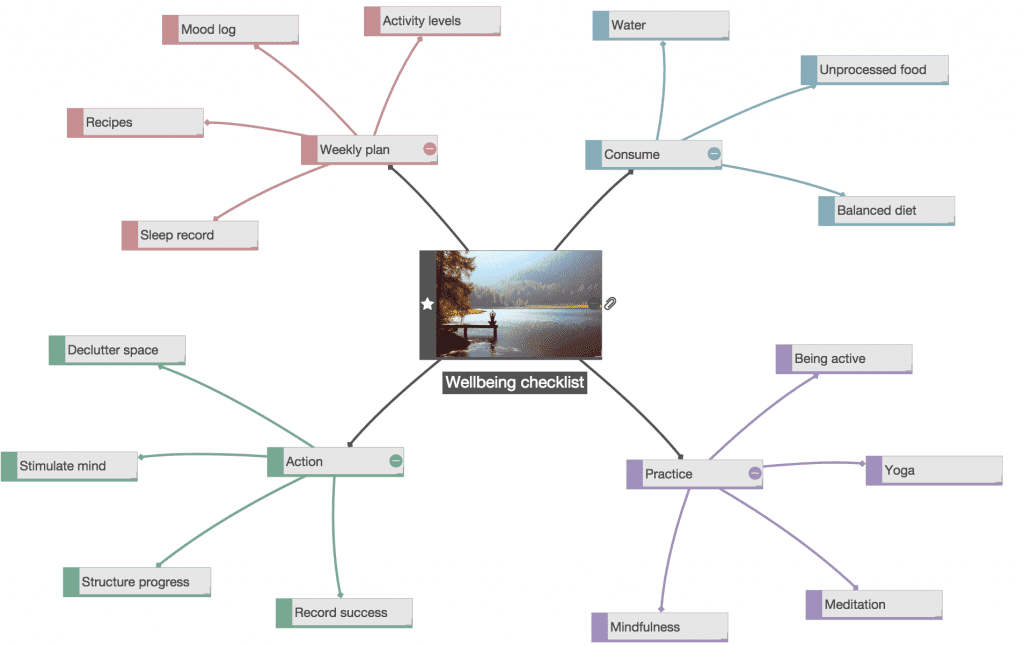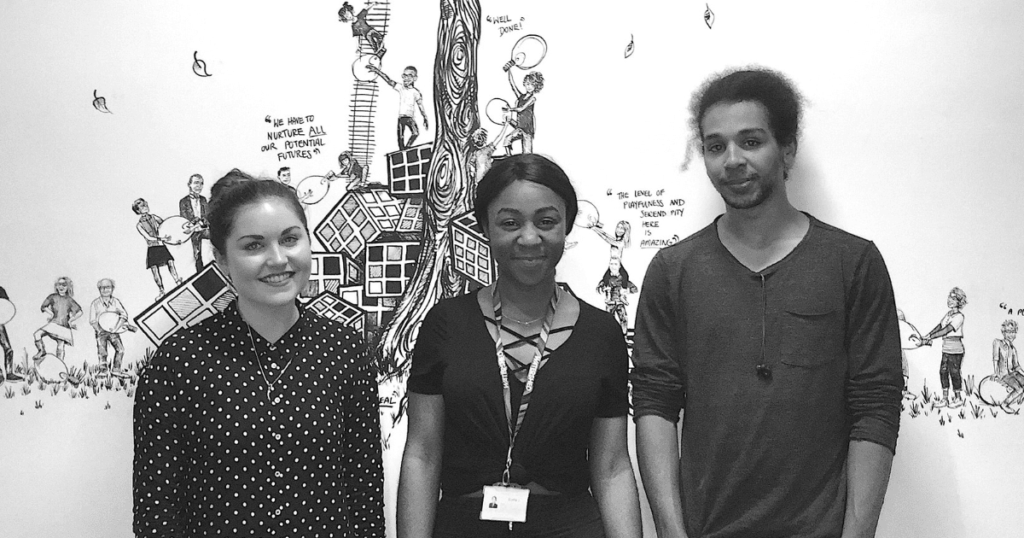- Does being productive make you happy?
- Is anyone happy at work?
- Are we more productive when we’re happy?
- Are we happy because we’re productive?
- Improving happiness and productivity
- Encourage and celebrate one another
- Know your limits
- Small, achievable goals
- Positive thinking
- Flexible working
- Work out
- Purpose
- Reduce stress
- Invest in wellbeing
- Tools
Does being productive make you happy?
Only 13% of the global workforce is actively engaged. That’s just one out of eight employees who are psychologically committed to their jobs.
Employee engagement statistics help us understand and describe the nature of the relationship between an organisation and its employees. While many employed people feel committed to their work, we can probably all think of someone who is not.
Which brings us back to that statistic. Only 13% of the global workforce is actively engaged. With so many disengaged or unhappy employees around the world, why do we work?
At face value, it’s simple. Most people work to provide for themselves and their families. However, a career also gives us a platform to achieve personal goals, contribute to society, and be recognised and rewarded for our efforts.
Why then, do we sometimes not work hard?
- Feeling uninspired: Statistics show that only 15% of employees strongly agree that the leadership of their organisation makes them enthusiastic about the future.
- Being distracted: An email, buzzing phone, little red app notification or sales call (maybe even the odd cat video) can make you lose focus on your tasks.
- Feeling disconnected: Problems with team connectivity can be caused by poor communication, lack of unity and no central goals.
- Feeling overwhelmed: If there are too many tasks that overlap, people may feel unable to focus on one at a time, quickly becoming overwhelmed and unproductive.
- Lack of recognition: Often the problem of lack of recognition starts with company culture.
Is anyone happy at work?
According to studies, unhappiness can decrease productivity by 10%. However, it also works the other way. Happiness impacts productivity positively. Being happy at work can make us better workers.
Are we more productive when we’re happy?
It’s true that happier employees are more productive. A study by economists at the University of Warwick found that happiness can achieve approximately 12% greater productivity.
Are we happy because we’re productive?
Not only are happiness and productivity connected, but each influences the other. It works both ways.
The Happiness Advantage author Shawn Anchor writes that happiness fuels success and performance because positivity makes us more engaged, creative, resilient to stress, and productive.
Improving happiness and productivity
If you’re looking for new ways to improve happiness and productivity, here are some tips to for being happy at work:
Encourage and celebrate one another
Feeling mediocre? Ask for feedback or organise a review. Find out your strengths according to your peers and look at what you can improve. Learn from your co-workers and encourage each other.
Not sure where to start? Try out the Mind Map Pro template for Performance reviews in the Business category. Learn more about selecting templates.

Know your limits
Know when no is the right answer. The sad truth is that all the enthusiasm in the world won’t protect you from burning out in the end.
Challenge yourself when it’s the right time, saying yes only when you mean it. Your body and mind will thank you for it.
Small, achievable goals
For productivity gains, set small targets for regular success. Small, regular goals mean more celebrations after less time worrying where to begin.
When you look back and see how much you’ve achieved, you’ll see that small goals build up to big wins.
Find out about using agile project management for tasks towards long-term goals.
Positive thinking
“Motivation and productivity don’t depend as much on happiness as they do on positive thinking. Positive thinking will keep you glued to the task at hand when the going gets hard, and anticipation of success is likely to bring about success,” Lifehacker reported.
Flexible working
Work-from-home days, flexible start and end times, and permission to make your own decisions about how you work can impact positively on how you feel at work.
Giving you more control to work in a way that’s convenient for your lifestyle can help improve your work-life balance.
Work out
Don’t underestimate the power of being active. Exercise boosts your mood, releasing endorphins and increasing your energy levels.
Could you introduce a walk or cycle to your commute? What about during your lunch breaks? Pop to a gym or ask your management team about inviting a trainer to deliver workouts in-house.
Purpose
One great way to guarantee long-term happiness at work is having a sense of purpose. Doing meaningful work that you care about improves motivation, dedication, and a desire to succeed.
Reduce stress
Being happier at work improves productivity in the most basic way. If people are happy at work, they’ll be at work, present and ready to deliver.
Between 75-90% of all doctor’s office visits are for stress-related complaints. When stressors are reduced, people take less sick-days, staying happier and healthier.
Invest in wellbeing
Attend a weekly yoga class, be creative, give yourself more time to think, download a mindfulness app, learn to meditate, cut down on bad food and alcohol, sleep more, take holidays and enjoy your time off. Re-energise.
Use Mind Map Pro’s Wellbeing checklist template in the Personal category for your first step to monitoring wellbeing. See more unexpected uses of mind maps.

Tools
92% of employees say that having the technology to do their job efficiently affects their work satisfaction.
Provide the right tools for your team do their work efficiently, starting with Mind Map Pro.
Mind Map Pro is a digital tool that offers a fresh approach to idea sharing and development, enhancing both creative thinking and project management.
As a collaborative tool, Mind Map Pro has real-time updates and live chat, connecting even distributed teams and improving teamwork. Accelerate productivity using the agile task manager to assign tasks, helping your team to turn ideas into reality.
Sign up to see how you can become happier at work, more productive, and better connected with teams or collaborators.



